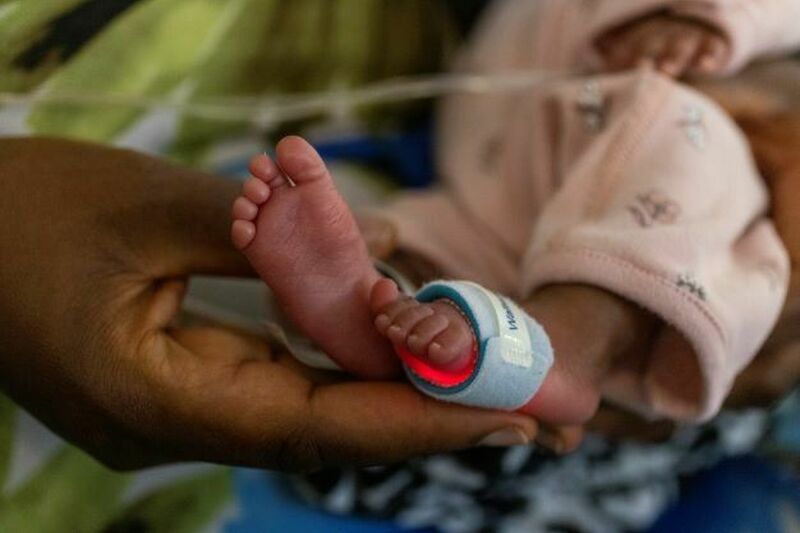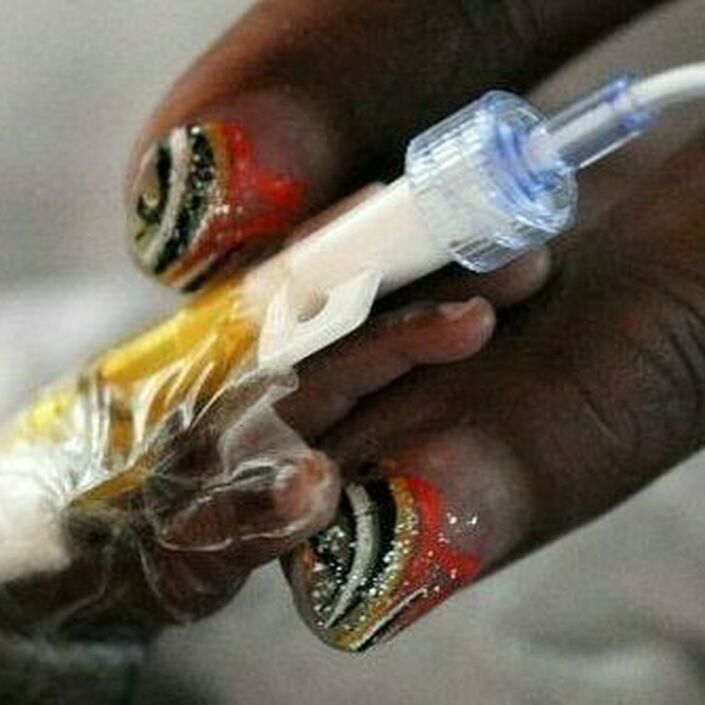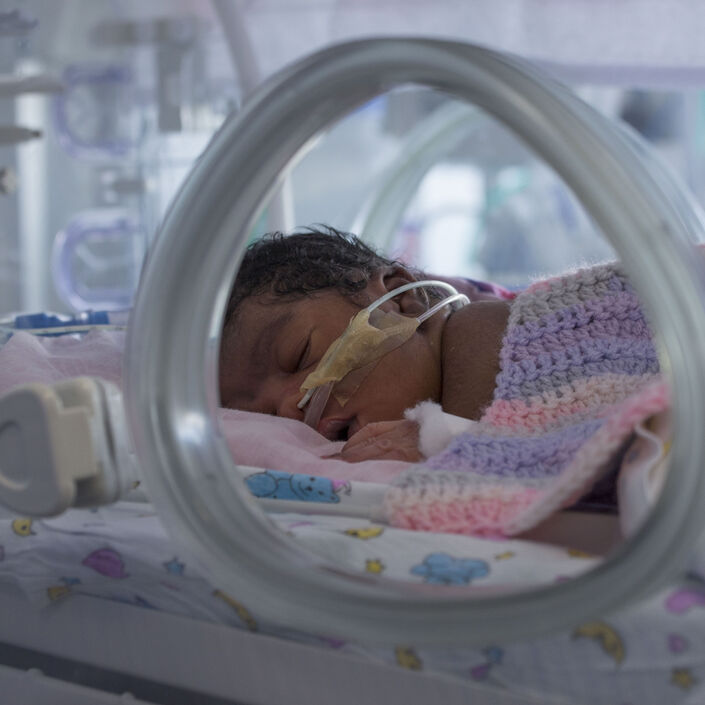The Healthcare Safety Investigations Branch (HSIB) has today published a report looking into delayed diagnoses of jaundice.
The investigation was triggered by the case of Baby Elliana, a baby girl of Black African ethnicity who was born prematurely, where several opportunities to detect her jaundice were missed.
The report has raised questions about the reliance and reliability of visual signs of jaundice, and the impact of this on speed of diagnosis for babies with darker skin tones.
As part of the investigation, HSIB noted that some neonatal units are already moving away from relying on visual signs and are introducing additional safety measures to mitigate the risk of delayed diagnosis.
HSIB has made a safety recommendation to the National Institute for Health and Care Excellence (NICE), to review the evidence and related guidance on the reliability of visual signs to detect jaundice in newborn babies, and the risk factors identified in the investigation.
Experts have also commented on the importance of professional training and the need to reflect the population's diversity.
One expert said: ‘staff working in areas of England that are ethnically diverse are likely to have a heightened awareness of the need to examine areas of the body'.
Bliss has detailed information and support on jaundice, which includes visual signs on how to spot it on babies with darker skin tones.
Caroline Lee-Davey, Bliss Chief Executive, said:
“This report crucially highlights the risks of delayed diagnosis of jaundice for premature babies, and babies with Black and Brown skin. It also emphasises the ongoing need for care to reflect how jaundice (and other conditions) presents on darker skin tones.
“All babies deserve the best chance of survival and quality of life, and Bliss supports the report’s recommendation that NICE guidance should be reviewed and updated to ensure that all babies have access to early diagnosis and treatment.
“While most cases of jaundice are harmless, some can be serious. We understand that this might cause worry for parents, and we would encourage them to visit our information page and tell your midwife, health visitor, or doctor straight away if you think your baby has jaundice."


